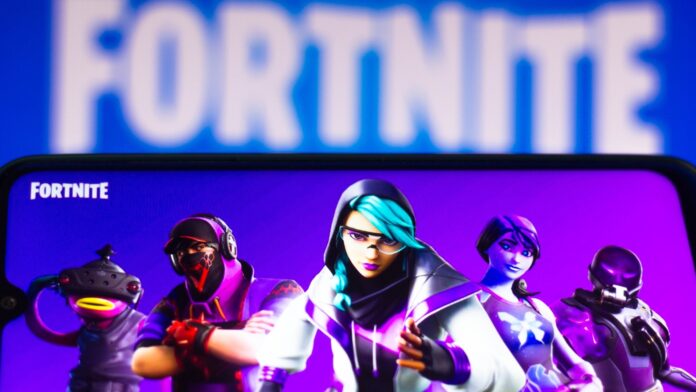A Canadian Superior Court judge has authorized a lawsuit brought forward by three parents who say their children would not sleep, eat, or shower because they were addicted to playing Fortnite.
The parents allege the game was deliberately made to be highly addictive and that it has had a lasting effect on their children.
The lawsuit was filed against Fornite’s maker, Epic Games, and its Canadian subsidiary. Epic Games responded(Opens in a new window) to the suit by saying it had “industry-leading parental controls that empower parents to supervise their child’s digital experience.”
The games maker added: “We plan to fight this in court. We believe the evidence will show that this case is meritless.”
One of the parents said their son had played 6,923 games, while another child played more than 7,700 times in two years at a minimum of three hours a day, per a CBC report, while the original court filing says that one of the children was diagnosed with addiction by a doctor.
In his ruling(Opens in a new window), Justice Sylvain Lussier said the action “does not appear frivolous or manifestly ill-founded,” and concluded that there is a “serious issue to be argued, supported by sufficient and specific allegations to the risks or even dangers arising from the use of Fortnite.”
According to Global News(Opens in a new window), the lawyers representing the plaintiffs have compared the suit to a landmark motion that claimed the Quebec tobacco industry had the intent to create an addictive product without adequate warning.
Recommended by Our Editors
Any potential compensation is to be determined by the court, Global News reports. And any Fortnite players residing in Quebec, Canada, since Sept. 1, 2017, who have become addicted to the video game are also authorized to claim any compensation approved by the court if the lawsuit is successful, Complex reports(Opens in a new window). The court also added that any players under 18 years old who have purchased anything from the game’s online store could be eligible for refunds too.
The Superior Court noted in its ruling that the World Health Organization declared video game addiction, or “gaming disorder(Opens in a new window),” a disease in 2018.
In August, California lawmakers killed a bill that would “make it illegal” for major social media platforms to “knowingly addict children,” after significant lobbying pressure from Twitter, Meta, and Snap.
Get Our Best Stories!
Sign up for What’s New Now to get our top stories delivered to your inbox every morning.
This newsletter may contain advertising, deals, or affiliate links. Subscribing to a newsletter indicates your consent to our Terms of Use and Privacy Policy. You may unsubscribe from the newsletters at any time.
Hits: 0
















